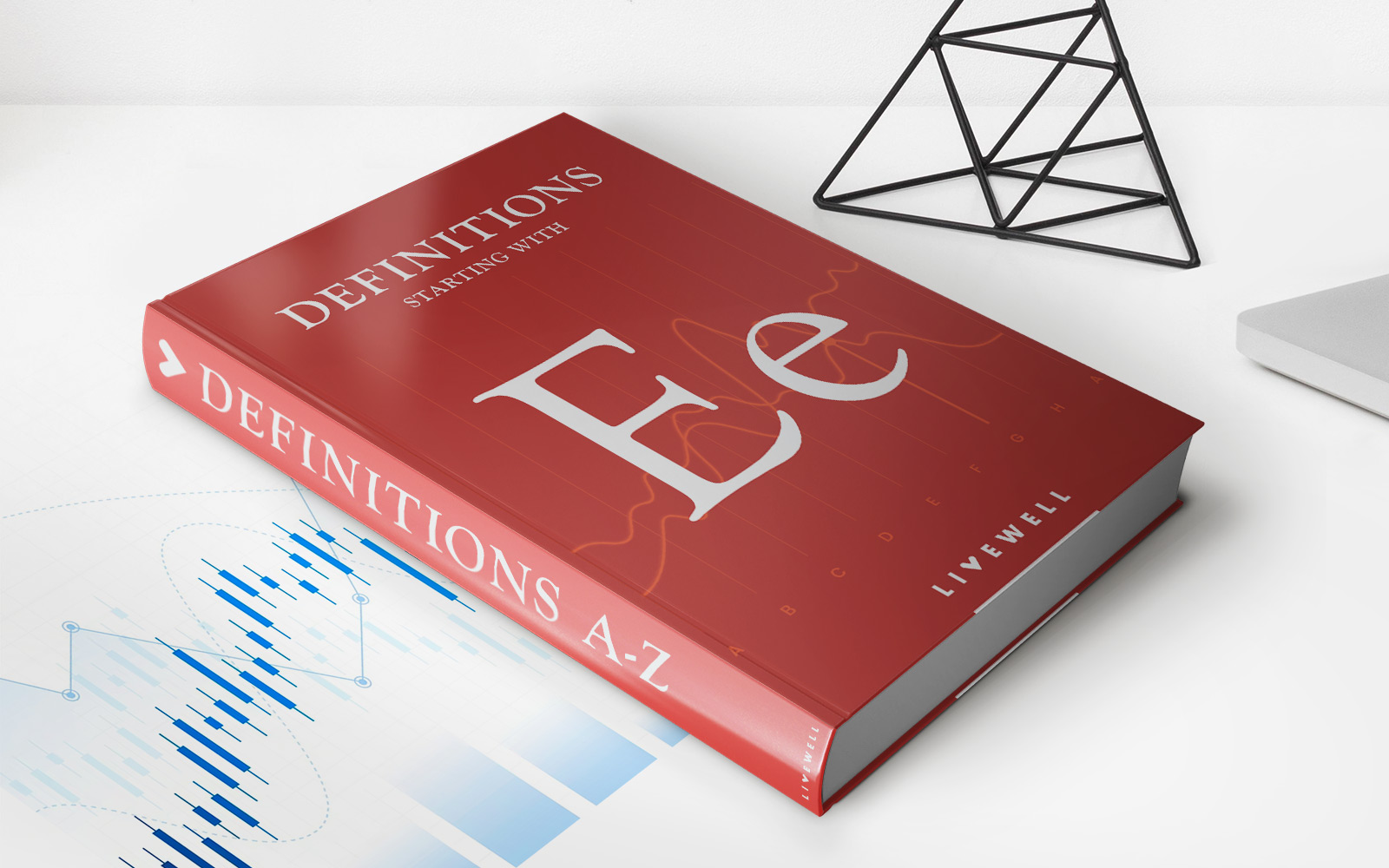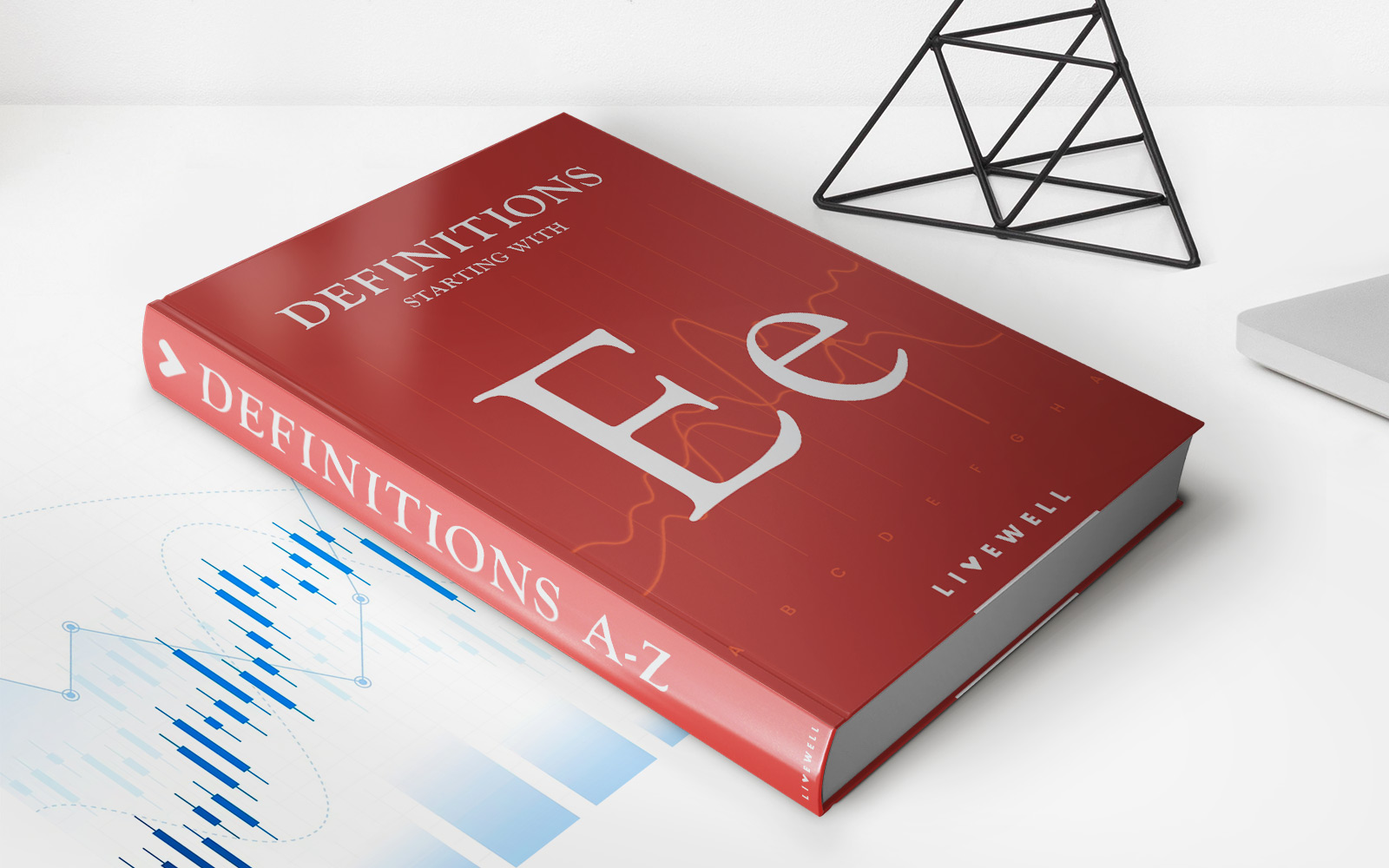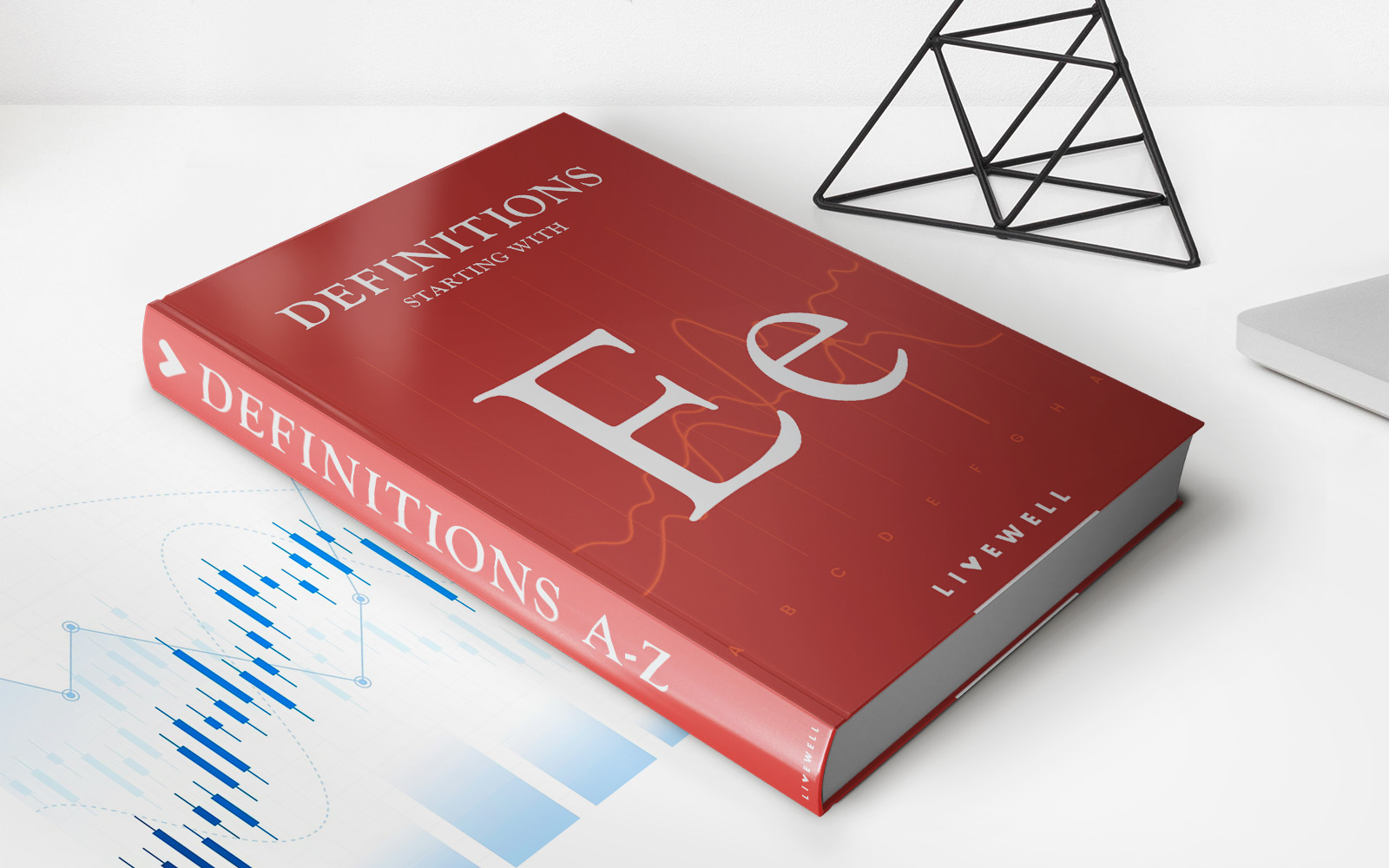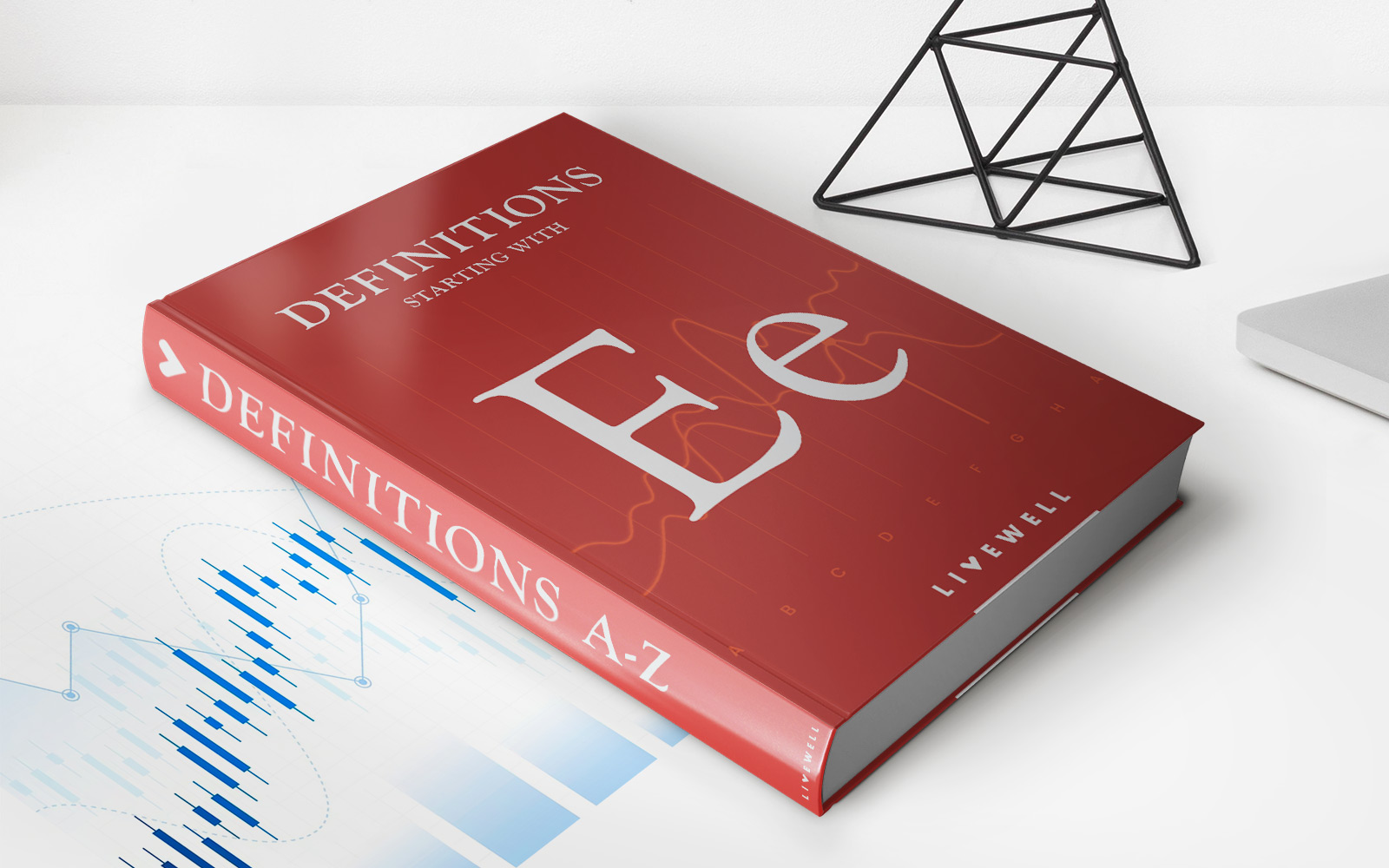Home>Finance>Enterprise Multiple (EV/EBITDA): Definition, Formula, Examples


Finance
Enterprise Multiple (EV/EBITDA): Definition, Formula, Examples
Published: November 18, 2023
Learn the definition, formula, and examples of Enterprise Multiple (EV/EBITDA) in finance. Discover how it can help evaluate a company's value and profitability.
(Many of the links in this article redirect to a specific reviewed product. Your purchase of these products through affiliate links helps to generate commission for LiveWell, at no extra cost. Learn more)
Enterprise Multiple (EV/EBITDA): Definition, Formula, and Examples
When it comes to analyzing the financial health and value of a company, one of the most commonly used metrics is the Enterprise Multiple, also known as EV/EBITDA. But what exactly is the Enterprise Multiple, how is it calculated, and why is it important? In this blog post, we will explore all these questions and more, providing you with a comprehensive understanding of this crucial financial ratio.
Key Takeaways:
- The Enterprise Multiple (EV/EBITDA) is a financial ratio used to assess a company’s valuation and financial performance.
- It is calculated by dividing the enterprise value (EV) by the earnings before interest, taxes, depreciation, and amortization (EBITDA).
What is the Enterprise Multiple (EV/EBITDA)?
The Enterprise Multiple, also known as the EV/EBITDA ratio, is a valuation metric used to determine the overall value of a company in relation to its earnings. It provides investors and analysts with insights into a company’s financial health, profitability, and potential for growth. By considering both the enterprise value and EBITDA, the Enterprise Multiple offers a more inclusive perspective of a company’s value than other traditional ratios.
How is the Enterprise Multiple (EV/EBITDA) Calculated?
To calculate the Enterprise Multiple, you need two key components: enterprise value and earnings before interest, taxes, depreciation, and amortization.
The enterprise value (EV) takes into account not only the market capitalization of a company but also its debt and cash holdings. It is calculated by adding the market value of equity, long-term debt, and minority interest while subtracting cash and cash equivalents. The formula for enterprise value is as follows:
Enterprise Value = Market Value of Equity + Long-Term Debt + Minority Interest – Cash and Cash Equivalents
On the other hand, EBITDA represents a company’s earnings before interest, taxes, depreciation, and amortization. EBITDA is used to assess a company’s operating performance and profitability before accounting for non-operating expenses and financial costs. The formula for EBITDA is:
EBITDA = Net Income + Interest + Taxes + Depreciation + Amortization
Once you have calculated the enterprise value and EBITDA, you can determine the Enterprise Multiple by dividing the enterprise value by EBITDA:
Enterprise Multiple (EV/EBITDA) = Enterprise Value / EBITDA
Why is the Enterprise Multiple (EV/EBITDA) Important?
The Enterprise Multiple is a widely used ratio in the world of finance and investing because it provides valuable insights into a company’s valuation and financial performance. Here are some reasons why the Enterprise Multiple is important:
- Comprehensive Valuation: The Enterprise Multiple takes into account a company’s entire value, including its debt and cash holdings. By incorporating these factors, it provides a more accurate and comprehensive valuation measure than other ratios.
- Comparability: The Enterprise Multiple allows for easy comparison between companies in the same industry. This ratio levels the playing field by considering each company’s unique capital structure.
- Financial Health: The Enterprise Multiple offers insights into a company’s financial health by assessing its ability to generate operating cash flow relative to its overall value.
- Potential for Growth: A lower Enterprise Multiple may indicate an undervalued company with significant growth prospects, making it an attractive investment opportunity.
Overall, the Enterprise Multiple is a powerful tool for investors and analysts seeking a holistic understanding of a company’s value and financial performance. By considering both enterprise value and EBITDA, this ratio provides insights that can inform investment decisions and contribute to long-term financial success.
Remember, if you have any questions about the Enterprise Multiple or any other finance-related topics, reach out to us. We’re always here to help!














